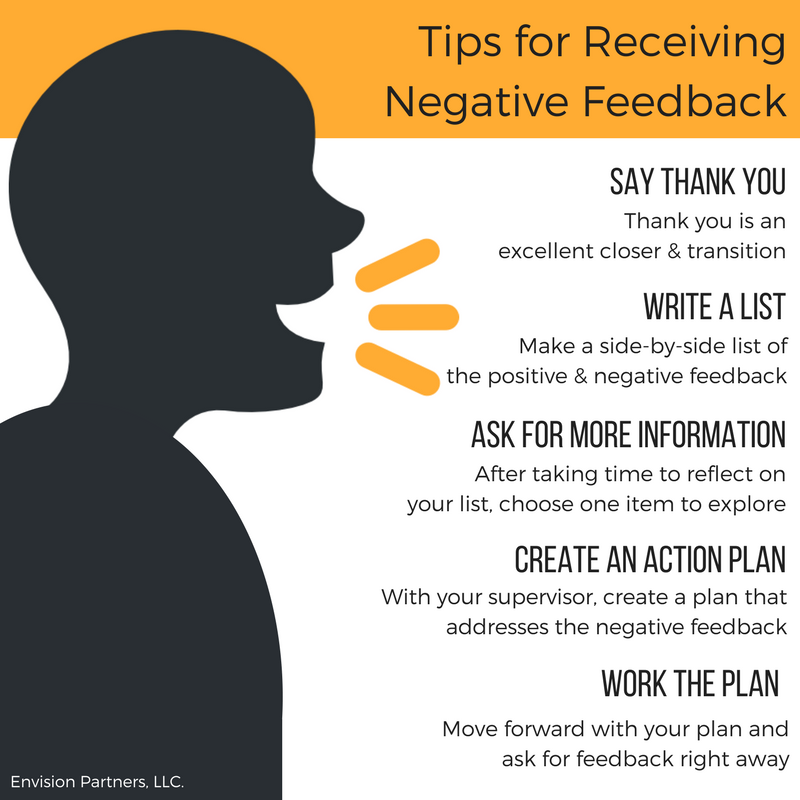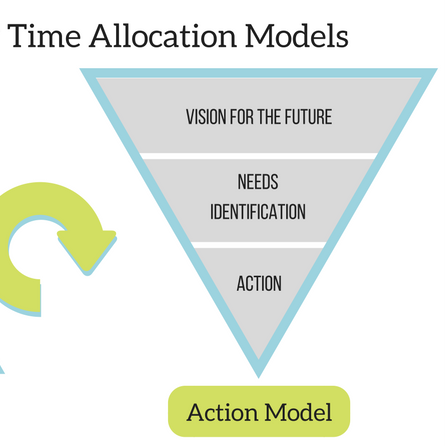A Caretaker for the Brain
In a recent seminar on personal resilience, the characteristics of a resilient person were outlined as self-awareness, flexibility, self-assurance, organized and being pro-active. This list is accurate. However, I find these mental health characteristics of resilience are best achieved when built on a foundation of physical health that include: good nutrition, physical work and sleep. All of these physical aspects of taking care of our body are also taking care of our very large and active brain. Of these three, sleep seems to be the most neglected. Let’s look at what sleep experts recommend:
Aim for 7-8 hours of sleep each night. This is simple and well-documented. Since the recommended range is a full hour and you could require more (not less), find out what you need and get that much sleep. That’s a great start.
Use your internal clock to determine bedtime. The tendency to be earlier to bed or later to bed, lark or owl, is genetically determined. These two variants are not extremely different—meaning the owl doesn’t stay up until 2 am–maybe 11 pm instead of 10 pm for the lark. Sleep between 10 pm and 2 am is our deepest and best sleep, regardless of the start time. If we start too late, we miss the highest quality sleep period. Importantly, given the requirement for a constant amount of sleep each day, owls should also sleep in a bit compared to larks. The required sleeping period is merely shifted. Follow your biological clock, not the “gotta-watch-this-last-episode-clock”.
Of note, our highest mental energy is approximately 2-3 hours after waking and our peak physical energy is in the mid-afternoon. These are valuable energy dynamics that can also be used to increase daily effectiveness.
Wake at the same time every day. On average, we are getting one hour too little sleep per night. The tendency is to overcome the accumulated sleep deficit by sleeping in, and this is actually detrimental. Our internal clock is triggered by the blue light of the sunrise. When we miss that early morning light by sleeping in on Saturday morning, our whole cycle is shifted, and we have trouble going to sleep at the correct time that night. We then sleep in longer on Sunday and have trouble sleeping that night. But Monday morning does not give us the luxury of sleeping in—and we start the week feeling out of sorts because our cycle is completely shifted relative to the natural and work schedules. Rather we should go to bed early on the weekends and wake up at the same time in order to start the week fresh.
Have a good bedtime routine. Blue light from the sunrise stimulates us to wake. The same trigger is caused by video screens and bright lights. We should ease ourselves into bed by doing less physical work at night. Keep lights low, read or meditate before sleeping. Other end-of-the-day routines include eating an early and lower protein dinner with limited alcohol.
Be honest. Sleep management starts with getting to know our body and being honest about what it needs. Feel when it is tired and respond accordingly. Try some new sleep practices around going to bed and waking up. See what works for you. Our social norms and our cultural beliefs about sleep tend to guide our sleeping habits rather than listening to our body. Our body is a biological system evolved over millions of years. It’s hard to overcome that with a cup of coffee.
For more inspiration, check out this article featuring Ariana Huffington, author of “The Sleep Revolution”.











